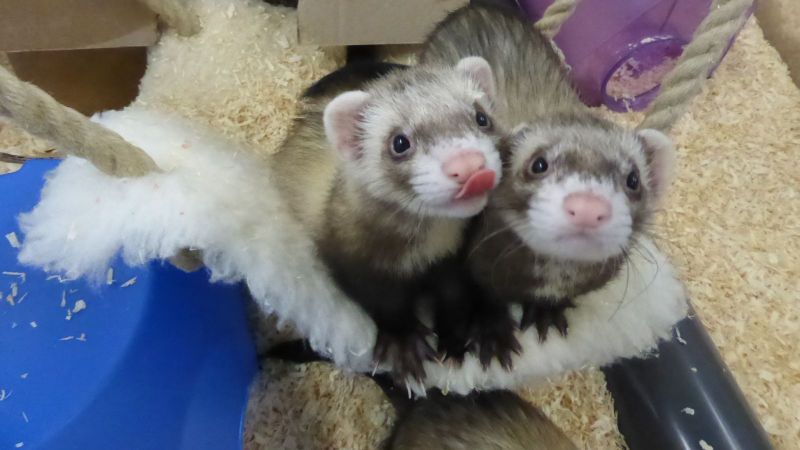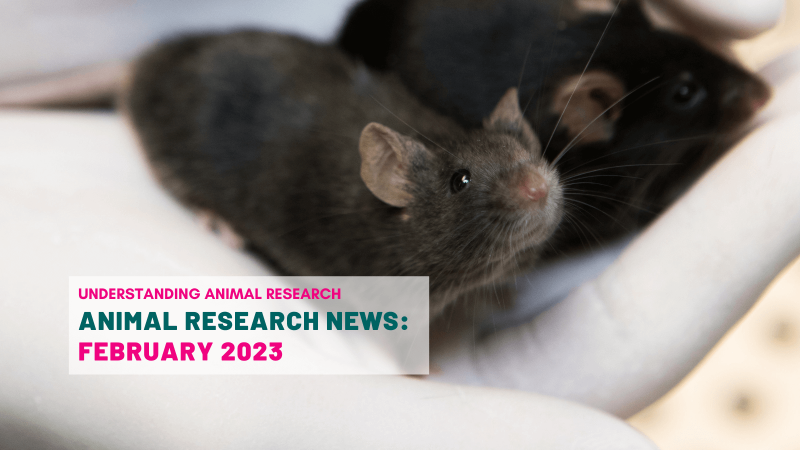
Every year, countless animal samples – organs, tissues, cell lines and so on – by-products of necessary scientific experiments, remain unused, stored or thrown away. To maximise the benefit taken from every animal used for scientific purposes, a first-of-its-kind online platform has been developed by scientists to share and sell unused animal samples. The marketplace is poised to revolutionise the way researchers access and use animal samples, potentially saving countless animal lives and reducing the financial and ethical costs associated with animal experiments.
After 20 years of researching neurogenerative diseases, and witnessing 20 years of inefficiency in the use of animal samples, Javier Burgos, a biomedical researcher at Jaume I University in Spain, became frustrated at seeing so much of his hard work being discarded at the end of a project, even when it could potentially be of use to other researchers studying the same devastating diseases. With the technology company Semicrol and funding from Spain’s State Research Agency, Javier strove to significantly reduce waste and reduce the number of animals used in experiments by facilitating the exchange of biological materials that would otherwise be discarded. Together, they created aRukon, a ground-breaking online marketplace to share samples.
On aRukon, scientists can freely access and list a wide range of animal samples for sale, from cerebrospinal fluid to whole organs. Profit is discouraged. The goal is to ensure that tissues remain cheaper than the cost of live animals, encouraging the reuse of materials and ensuring that each animal used in research translates into the maximum possible benefit. The platform is designed to comply with animal welfare legislation, ensuring that all transactions uphold ethical standards. Recognising the potential impact of reusing animal samples on both the scientific process and animal welfare, this initiative is a testament to the scientific community’s commitment to minimising animal use and promoting ethical research practices.
The marketplace won’t officially launch for another few months, but Burgos says he has received a lot of interest since presenting the platform at a conference in November 2023. Scientists from 30 different universities, research centres, and companies in Spain have already signed up, representing about 10% of the institutes that conduct animal experiments in the country. The enthusiasm for aRukon’s principles is undeniable, but to fully embody a shift towards more sustainable and humane scientific research practices, it wants first to guarantee the quality and viability of samples, while maintaining user privacy and data security and abiding by international regulations on the transport of biological materials.
By facilitating an easier exchange of animal samples across borders, aRukon could significantly accelerate scientific discovery while adhering to ethical standards. Lluís Montoliu, the vice director of the National Center for Biotechnology, and member of the committee for transparency in animal experimentation at the Confederation of Scientific Societies of Spain, who has long advocated for ways to reduce animal use and waste in labs or study centers, welcomes the development but also poses a tough question to ask: “the scientific community needs to question why such a system wasn’t in place earlier”.
Last edited: 4 December 2024 11:52



